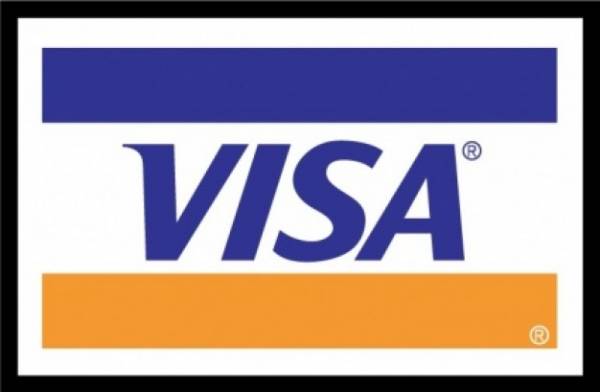How to Fund an Online Betting Account in New Jersey: Firm Claims It’s Been Tough

Wayne Parry, New Jersey-based Associated Press writer, reports that funding an online betting account in the Garden State has not been easy despite the activity being legal for nearly 6 months now.
Funding by credit card has been among the most difficult.
CAMS LLC told The Associated Press on Tuesday that credit cards are being accepted from New Jersey gamblers between 42 and 46 percent of the time. It receives online payments from the Borgata Hotel Casino & Spa, which has the largest share of the state's online market, as well as from the Trump Taj Mahal Casino Resort and Trump Plaza Hotel and Casino, and routes them to financial institutions.
Matt Katz, the company's CEO, said low acceptance of credit cards "is the single biggest thing that's holding it back" in New Jersey.
Websites like VirginCasino.com, which is partnered with the Tropicana, offer options other than credit card deposits. These include direct deposits from one’s bank account and our personal favorite, direct cash via the local 7-Eleven (simply submit the receipt number you obtain at the 7-Eleven store online and start betting).
So far this year, Internet gambling has brought in $31.6 million. Parry notes that the fledgling industry is growing, but not as fast as many had hoped. Gov. Chris Christie initially estimated it would bring in $1 billion in its first year, but his state treasurer recently acknowledged the numbers are coming up far short of that estimate. Wall Street analysts expect online betting to bring in about $200 million in its first year in New Jersey.
One gambler tells Parry he is yet to have any lucky setting up an account using his Visa card.
"I always have a problem with Visa," he said. "They never take it. I tried to use it on three different sites and it never worked."
Several years ago, in a ruling that led to New Jersey, Nevada and Delaware approving Internet gambling, the U.S. Justice Department said in-state Internet gambling that does not involve sports betting does not run afoul of federal law.
Credit card issuing banks have refused to budge regardless of whether individual states like New Jersey now legalize online gambling. That’s because federal legislation passed in 2006 held the financial institutions responsible for policing the activities of online gamblers. Banks had to spend millions of dollars to protect their own interests since the policy was an unfunded mandate.
"New Jersey patrons continue to experience difficulties in use of their personal credit and debit card accounts in funding individual Internet gaming accounts," said Deputy Attorney General Mary Jo Flaherty with the state Division of Gaming Enforcement.
She said MasterCard has approved 73 percent of attempted transactions in New Jersey since Internet gambling began in November, while Visa has approved 44 percent. American Express and Discover do not approve any such charges, she said.
"American Express does not do business with high-risk industries and we prohibit the use of the card for any gambling services," company spokesman William Tsang said. Discover did not immediately return a message seeking comment.
In December, 42 percent of players with the Borgata and the two Trump casinos were able to fund accounts using a credit card. That figure rose to 44 percent in January and 46 percent in February before declining to 44 percent in March.
Katz said those figures are nearly identical to its acceptance rates in Nevada and Illinois, where it serves the state lottery.
"As a player, it is worrisome that people aren't able to get money on the site," said Matt Pineault, of Ridgewood, in Bergen County. "To have people who want to play and deposit not be able to is terrible. Depositors are the lifeblood of the poker site, and without them they obviously can't survive."
Alternative payment methods, including automated clearing house transfers, and electronic payment services like Neteller and Skrill, are picking up some of the slack. Katz said 60 percent of those whose credit cards were denied succeeded in funding an account through an ACH transfer.
Pineault said he made his initial deposits via a TD Bank debit card, and they sailed through.
- Ace King, Gambling911.com and Wayne Parry, The Associated Press














